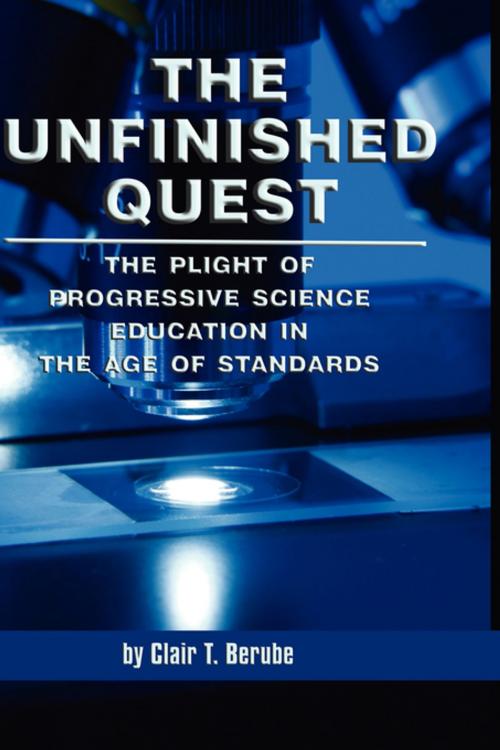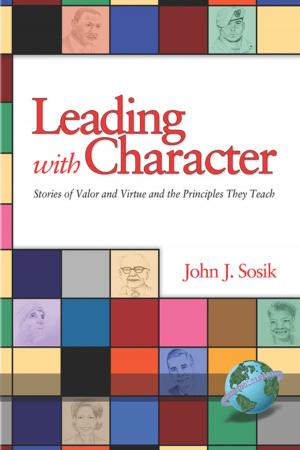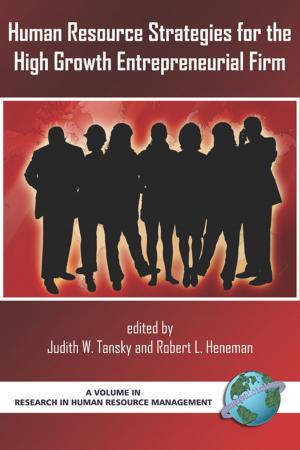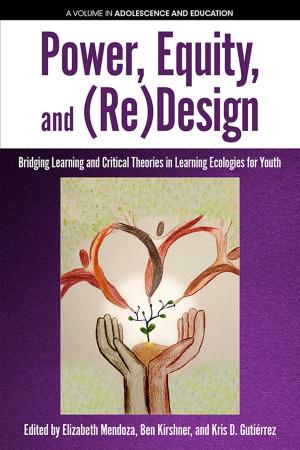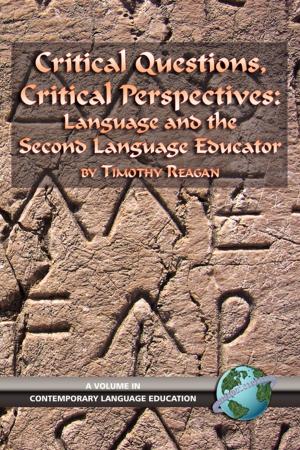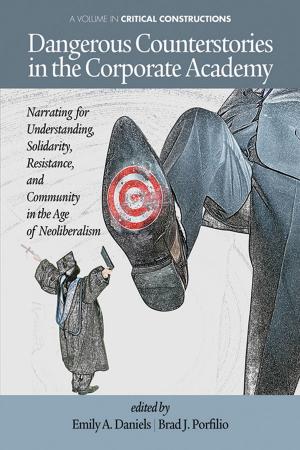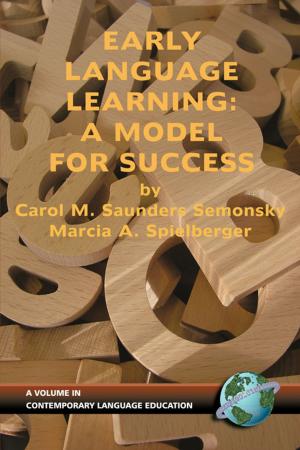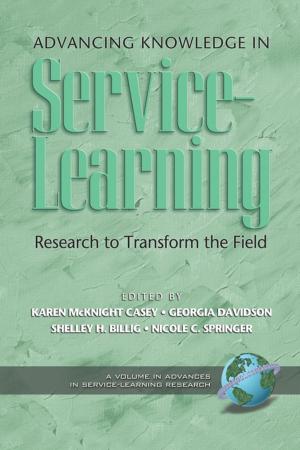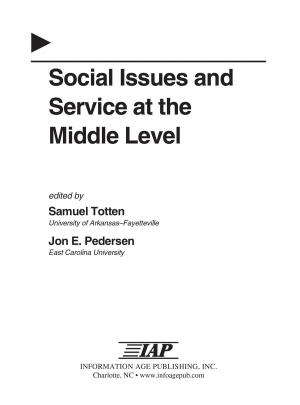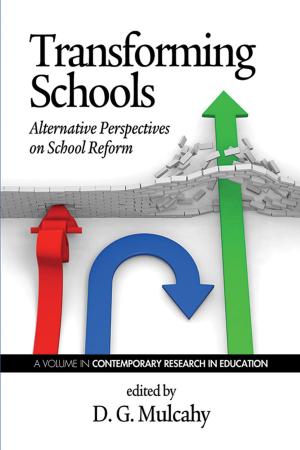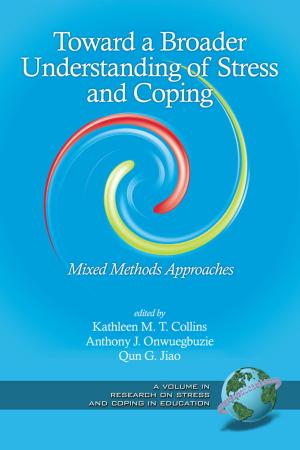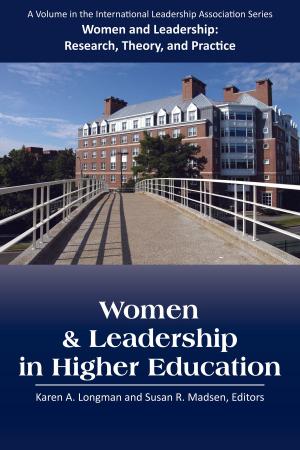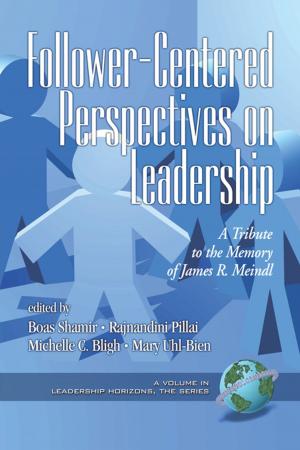The Unfinished Quest
The Plight of Progressive Science Education
Nonfiction, Science & Nature, Science, Other Sciences, Study & Teaching, Reference & Language, Education & Teaching, Higher Education| Author: | Clair T. Berube | ISBN: | 9781607529873 |
| Publisher: | Information Age Publishing | Publication: | June 1, 2008 |
| Imprint: | Information Age Publishing | Language: | English |
| Author: | Clair T. Berube |
| ISBN: | 9781607529873 |
| Publisher: | Information Age Publishing |
| Publication: | June 1, 2008 |
| Imprint: | Information Age Publishing |
| Language: | English |
Modern educators are currently ideologically in one of two camps: those who see American education as heading in the right direction, and those who fear that it has gone tragically astray. For over 100 years the American educational system has been the hope of those who want to level the playing field of opportunity, yet today we continue to lag behind several industrialized countries when comparing standardized science test scores. Is this acceptable in the most advanced, affluent country on earth? Why are we not the reigning educational system on the planet? And are standardized test scores even the best way to assess the type of learning it takes to lead the world in science achievement? The nature of science does not lend itself well to bubble tests, yet these assessments are all we have to “prove” that our students are good scientists. This book was born of a science teacher’s frustration brought on by the standardized testing movement’s reliance on highstakes tests as the sole measurement tool with which to measure achievement. Science by it’s very nature relies on original thinking for discovery and innovation. How can this be measured by a bubble test? And how do these high stakes tests affect minorities, girls, those with disabilities and at risk students? September 11, 2001 alerted us that we Americans can be less creative than our enemies, an unprecedented event in American history. What if changing the way we teach and assess science learning better prepares our citizens for creative preventions and solutions to world problems, instead of creating citizens who have to react to world problems? The nature of science begs a better way.
Modern educators are currently ideologically in one of two camps: those who see American education as heading in the right direction, and those who fear that it has gone tragically astray. For over 100 years the American educational system has been the hope of those who want to level the playing field of opportunity, yet today we continue to lag behind several industrialized countries when comparing standardized science test scores. Is this acceptable in the most advanced, affluent country on earth? Why are we not the reigning educational system on the planet? And are standardized test scores even the best way to assess the type of learning it takes to lead the world in science achievement? The nature of science does not lend itself well to bubble tests, yet these assessments are all we have to “prove” that our students are good scientists. This book was born of a science teacher’s frustration brought on by the standardized testing movement’s reliance on highstakes tests as the sole measurement tool with which to measure achievement. Science by it’s very nature relies on original thinking for discovery and innovation. How can this be measured by a bubble test? And how do these high stakes tests affect minorities, girls, those with disabilities and at risk students? September 11, 2001 alerted us that we Americans can be less creative than our enemies, an unprecedented event in American history. What if changing the way we teach and assess science learning better prepares our citizens for creative preventions and solutions to world problems, instead of creating citizens who have to react to world problems? The nature of science begs a better way.
